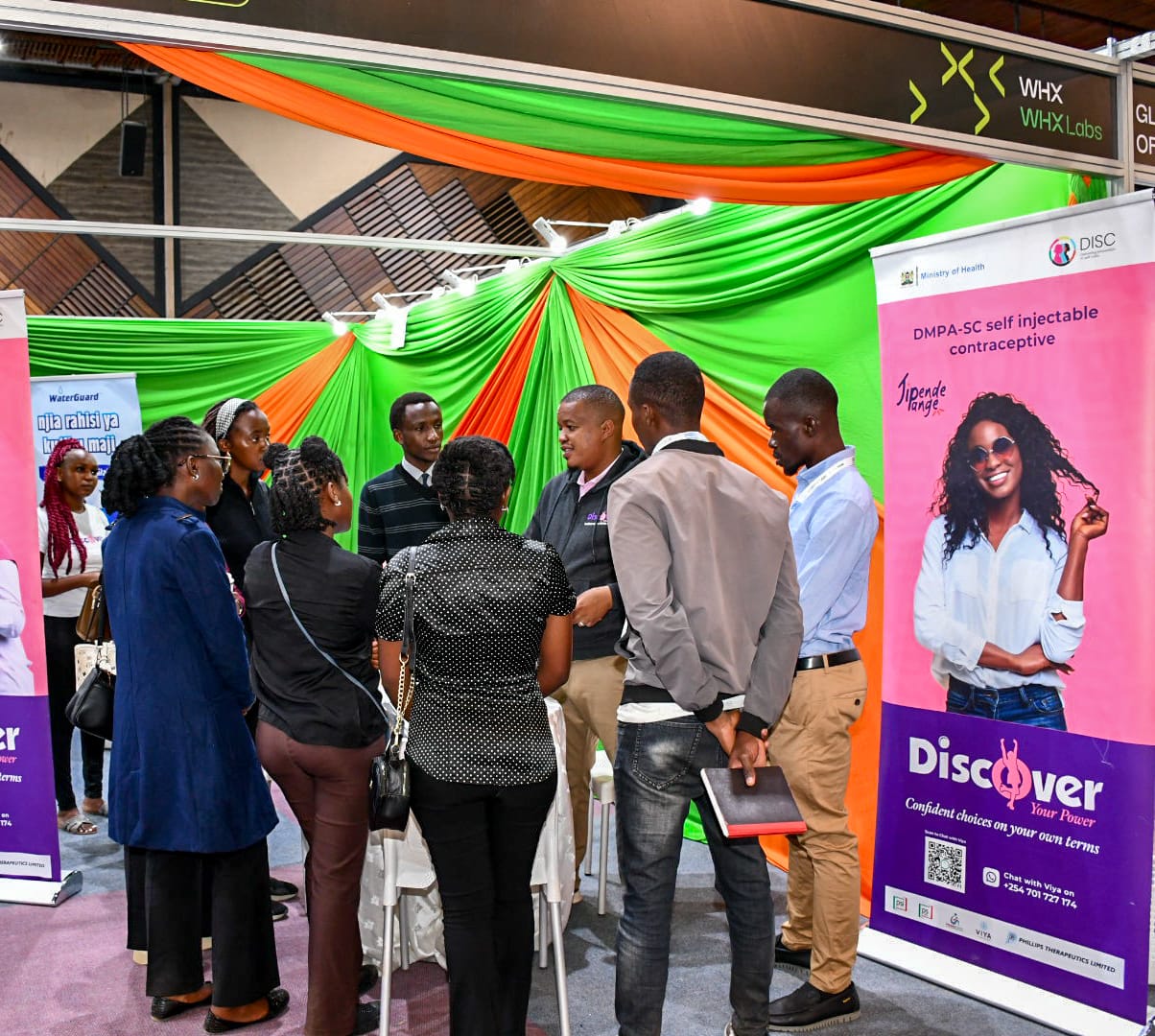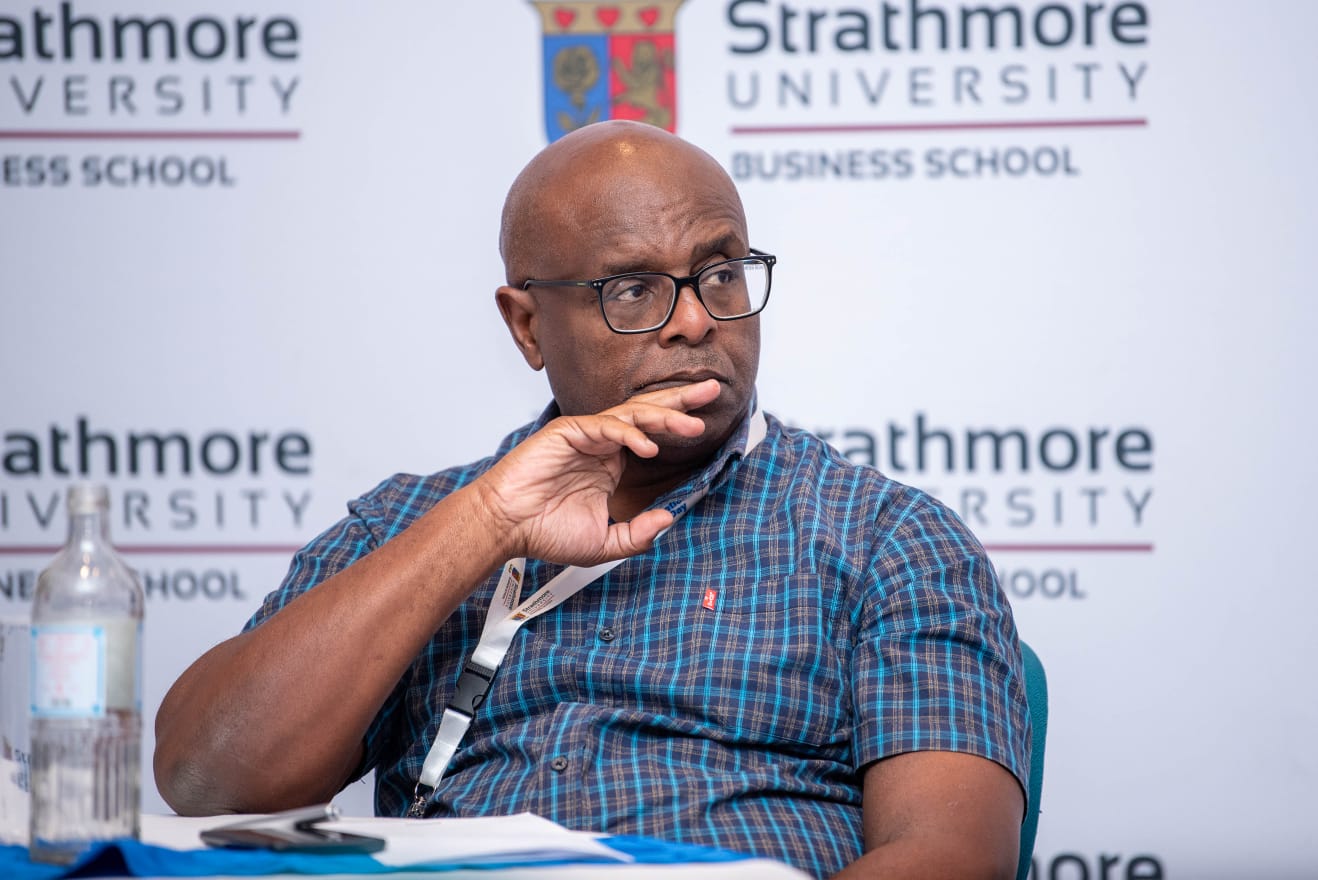In the quiet village of Asing’e, nestled in Teso South Sub-County, 19-year-old Cynthia Amayo found herself facing what felt like an impossible situation. Living with HIV and pregnant with her first child, Cynthia was overwhelmed by fear, stigma, and isolation. But her life began to change when she attended a teenage pregnancy meeting facilitated by PS Kenya.
After discovering her pregnancy, Cynthia stopped taking her antiretroviral medication. Denial, shame, and the absence of emotional support pushed her deeper into despair. She avoided antenatal care (ANC) visits and ignored calls from health workers. The fear of judgment from her community and even her family kept her silent, while her health slowly deteriorated.
One of Cynthia’s biggest challenges was dealing with stigma within her household. She struggled to adhere to her medication schedule after family members began noticing her taking pills, prompting her to hide them and avoid conversations about her condition. This secrecy made adherence even harder and deepened her feelings of isolation. Unable to share her status, she felt alone and exposed. At one point, Cynthia resorted to seeking treatment at a health facility far from home, where she felt safer and less visible.
PS Kenya, in collaboration with the Sub-County Reproductive Health Coordinator and the support of the comprehensive care clinic (CCC) mentor mothers, introduced teenage pregnancy meetings that would become a turning point in Cynthia’s life. Initially hesitant, she was eventually drawn in by the promise of a supportive and non-judgmental space for young mothers like herself.
These meetings provided more than just medical information; they offered Cynthia a safe space for healing, connection, and empowerment. She met other young women facing similar challenges and was mentored by peers who had successfully navigated motherhood while living with HIV. Healthcare providers at the Maternal and Child Health (MCH) unit emphasized the importance of medication adherence and consistent ANC attendance for both her well-being and the health of her unborn child.
Through continuous encouragement from her peers and mentors, Cynthia slowly began to rebuild her confidence. For the first time, she felt she wasn’t alone. She even began considering disclosing her HIV status to close family members in hopes of gaining their support, a courageous step toward emotional healing.
Motivated by these interactions, Cynthia resumed her antiretroviral therapy and began attending ANC appointments diligently. Her health improved, and her pregnancy progressed well. The emotional support she received gave her the strength to reclaim her identity, her hope, and her vision for the future.
Today, Cynthia is thriving. Now in her third trimester, she is healthy and determined to give birth to an HIV-free baby. Inspired by her transformation, she dreams of becoming a mentor mother herself to support and guide other young women in her village through similar journeys.
Cynthia Amayo’s story underscores the critical role of youth-friendly, community-based health interventions in changing lives. PS Kenya’s teenage pregnancy meetings are not just sessions; they are lifelines. They are creating ripples of change, empowering young mothers to take charge of their health and futures.



